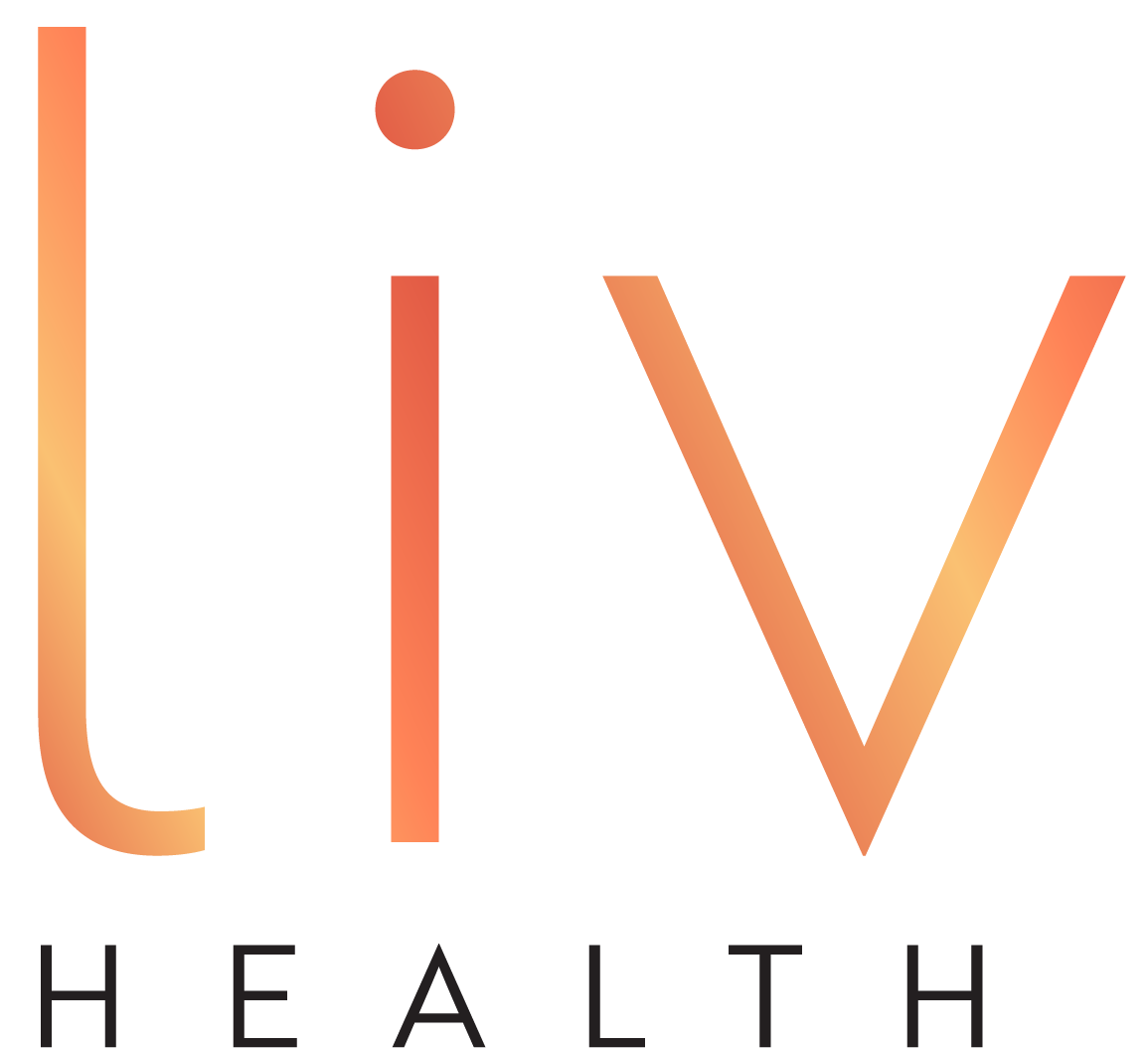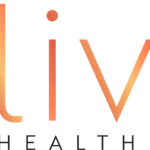At the risk of sounding like a late-night infomercial… Are you having trouble getting out of bed? Lacking the energy to play with your kids? Or even struggling to meet those deadlines at work?
Are you forgetful, sleeping poorly, experiencing night sweats, or lacking cognitive acuity and drive?
What about your libido? Do you feel like you force your sexual encounters because you’re scared to admit the flame isn’t there, but you’re left feeling self-conscious of your poor performance?
Do you lack raw strength like you once had, or have you experienced a loss in athleticism? What about man boobs or crying at commercials on TV? Do you feel like you’re going soft?
Do any of the above questions hit close to home? If so, you’re not alone. Unfortunately, those mentions are all hallmarks of the aging male, suggesting an underlying hormonal imbalance. Did you know that age is the leading risk factor for chronic disease? Let that set in for a second… Fortunately, losing that youthful fire is optional; aging is optional. This is why male hormone optimization is becoming more and more prevalent.
Hormone optimization therapies are accepted as a mainstay to maintaining youthful vigor. But to what hormones am I referring? Testosterone, estrogens, progesterone, thyroid, DHEA, growth hormone, to name a few. Right now, let’s hone in on testosterone.
Testosterone levels in men start to decline in your early 30s rapidly. However, it’s not uncommon to see men in their early to mid-20s with severe testosterone deficiency. Unfortunately, if you talk to the average doctor, they’ll tell you that a decline in testosterone levels (along with other hormones) is normal. As mentioned earlier, this fact of life no longer needs to be accepted as “normal,” because it definitely is not.
Let me ask you this, did your dad have low testosterone? Or was he an absolute machine of a man that simply looked at your mom and got her pregnant? Kidding, but you get my point.
The Steady Decline of Testosterone
Guess what? Testosterone levels (in men and women) are on the decline. There is evidence that testosterone has declined substantially. 2006 and 2014 studies from The Journal of Clinical Endocrinology and Metabolism support that testosterone levels are decreasing. The 2014 study shows that “phthalate metabolites” AKA plasticizers found in medications (ibuprofen and acetaminophen), plastic tubing, and throughout the human-made environment act as hormone disruptors, contributing to a nearly 30% decrease in testosterone throughout the population.
Here’s the kicker. Not only does deficient testosterone affect your day-to-day functioning, but it also drastically increases the risk for neurodegenerative conditions (i.e., Alzheimer’s disease), cardiovascular disease, diabetes and metabolic syndrome, increased inflammation, sarcopenia (frailty), and even certain types of cancer.
There are numerous approaches to testosterone optimization in men, including nutrition, supplementation, fitness, and, ultimately, prescription medications. Any of the mentioned modalities are reasonable in treating suboptimal or even low testosterone. However, people who see the best results are engaging in a combination of several, if not all, of those mentioned above. Furthermore, the guys who fare best are typically working to optimize their immune systems, gut, circadian rhythm, and other hormones in addition to merely targeting testosterone. I digress.
I think it goes without saying that diet and exercise are paramount to getting your hormone levels right. Stick to Mediterranean-style eating, appropriate protein intake, low carb (but high fiber), moderate fat intake. As far as exercise is concerned, I could tell you that you should start your day with some steady-state cardio combined with high-intensity interval training in a fasted state with a glycogen repletion meal to follow. Then, do a second workout that involves resistance training and hypertrophy work later in the day while supplementing with ketone esters, sodium potassium bicarbonate, L-arginine, collagen, BCAAs, etc. But the best answer here is just to work out. Get into the gym, do what you’re passionate about, sweat, make it burn, call it a day. Do that five times a week. If you want to get fancy, then be my guest, but certainly don’t start there.
From the standpoint of supplementation, there are numerous options out there. I would not personally take “testosterone boosting supplements” unless specifically recommended by a medical professional. I cannot stress this enough; do not rely on the “bro science.” That said, a couple of supplements that may help include zinc (and copper), DHEA, ashwagandha, shilajit, vitamin D3, ginseng, aged garlic, fenugreek, Yohimbe, chrysin, and several others. I will say this; there is weak evidence to support the use of supplements alone in improving testosterone levels. But if your doctor thinks it’s worth a shot, it’s likely a “can’t hurt, might help” scenario. Supplements are best used in combination with other forms of treatment.
Prescription treatment options often include human chorionic gonadotropin (HCG), enclomiphene, and exogenous testosterone. HCG mimics the function of hormones called luteinizing hormone (LH) and Follicle Stimulating Hormone (FSH) that are released from the pituitary gland and directly stimulate the production of testosterone by the testes. HCG can be a very effective option for individuals who have diminished release of LH and FSH.
Enclomiphene works similarly, just earlier in the signaling cascade. Enclomiphene is a nonsteroidal selective estrogen receptor modulator (SERM). SERMs are interesting molecules that primarily work by “tricking” your body into thinking you have less estrogens than you do. Since men get all of their estrogens from testosterone, this is an effective way to get your body to increase your overall testosterone levels in hopes that the excess will spill over into your estrogen bucket. Like HCG, this can be an excellent option for individuals who suffer from “secondary hypogonadism,” a condition whereby the brain fails to produce an optimal amount of gonadotropin releasing hormone.
The last thing I want to discuss is exogenous testosterone. This stuff is the bee’s knees, a great way to get your testosterone levels up into the “optimal range.” Exogenous testosterone comes in several forms. Some products come with greater inherent risk than others. Typically, I see physicians recommending topical and injectable testosterone as safer and more effective options than oral. In a matter of a couple of weeks, you could wake up feeling like you’re 25 years old again.
There are several risks and benefits associated with all of the options listed above that we haven’t even begun to discuss. This post is not intended to be medical advice, nor is it comprehensive enough to establish an individual’s treatment. Frankly, it would be best to have physician oversight and consistent follow-up to develop a comprehensive plan to work toward testosterone optimization.
I work as an intermediary between patient and physician to quarterback and coordinate patient care based on a physician’s plan. Our process starts with an Initial Consultation Appointment, where I learn just about everything there is to know about our patients. Then, we get some labs, and you follow-up with your physician. From there, patients have unlimited access to me (your Integrative Health Concierge) and your physician. More about the who – who do I work with?
I work with men and women alike for overall optimization, hormones being just a small part of what we do on the whole. Now, that said, we are good at optimizing hormones. And I mean, really good. It is something that I am personally very passionate about. Again, I digress. The people that I work with may know a lot or very little about hormone optimization. Some people are on the fence, while others are looking to step up their game, take a more holistic approach, and gain another layer of optimization.
No matter the patient, the treatment journey differs greatly. That’s because everyone’s journey toward hormonal optimization should be a customized experience. You should be treated as an N of 1. This concept is well understood in the “biohacking community,” meaning that you are your own experiment. You must be treated as an individual, which I ensure is a component of our patients’ care.
At Liv, your health is our top priority. Recently we have noticed many of our new members are joining from other self-described HRT clinics. One such member felt that their former clinic’s approach was “…more akin to playing a game of checkers…” With his hormones in comparison to Liv’s approach, “…Checkers is an elementary game. Liv Health plays chess while standing on hot coals…” That was a nice compliment for our team. You can Schedule a call with our team if you’d like to learn more about how we can take your health to the next level.
Relevant Articles:
https://www.ncbi.nlm.nih.gov/pmc/articles/PMC4223430/
https://pubmed.ncbi.nlm.nih.gov/17062768/
https://www.ncbi.nlm.nih.gov/pmc/articles/PMC4155868/
https://www.sciencedirect.com/science/article/abs/pii/S0303720799002270?via%3Dihub
While this content has been physician-reviewed by Dr. Bob Harding, the Liv approach involves a highly personalized level of preventative well care. The content within this post is meant for informational purposes only and should not be considered a replacement for personalized advice from your physician. Visit livhealth.com to learn how our team of health professionals can help you achieve optimal health.
The post Hormone Optimization, The Liv Way appeared first on Liv HEALTH.


